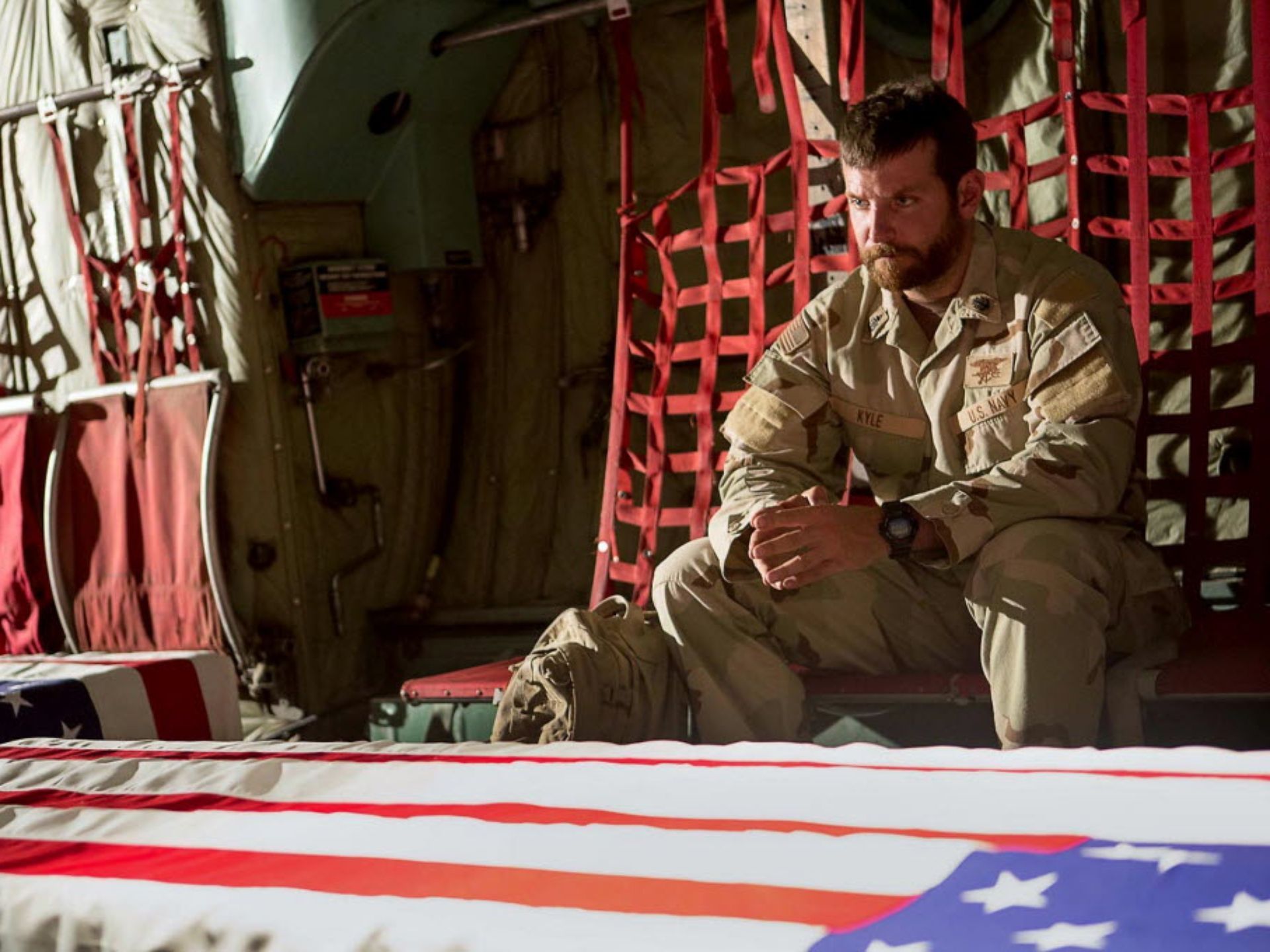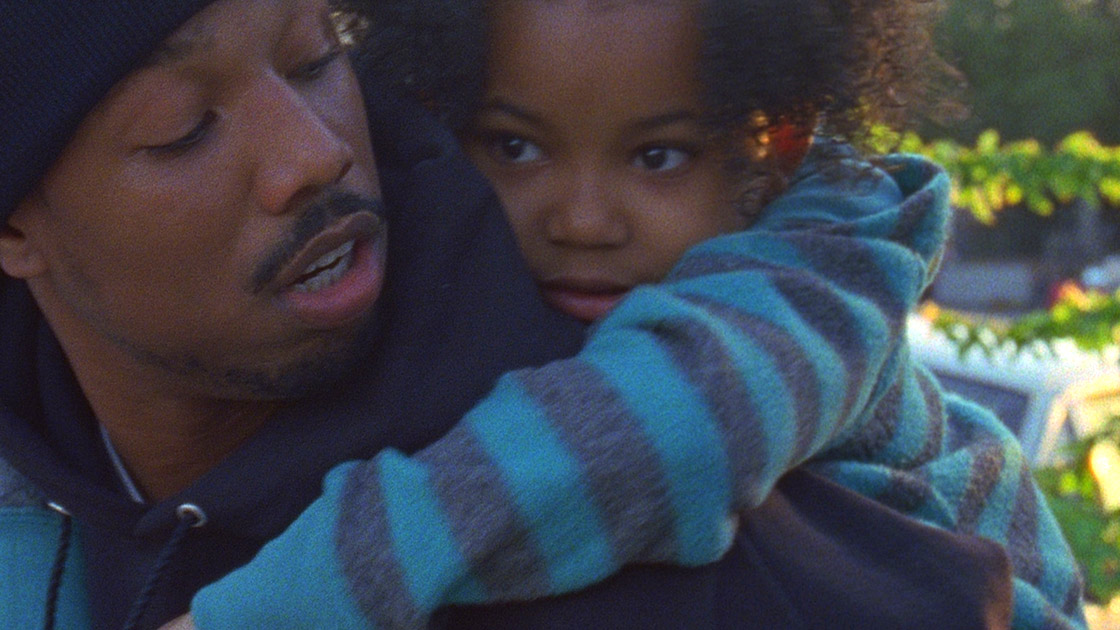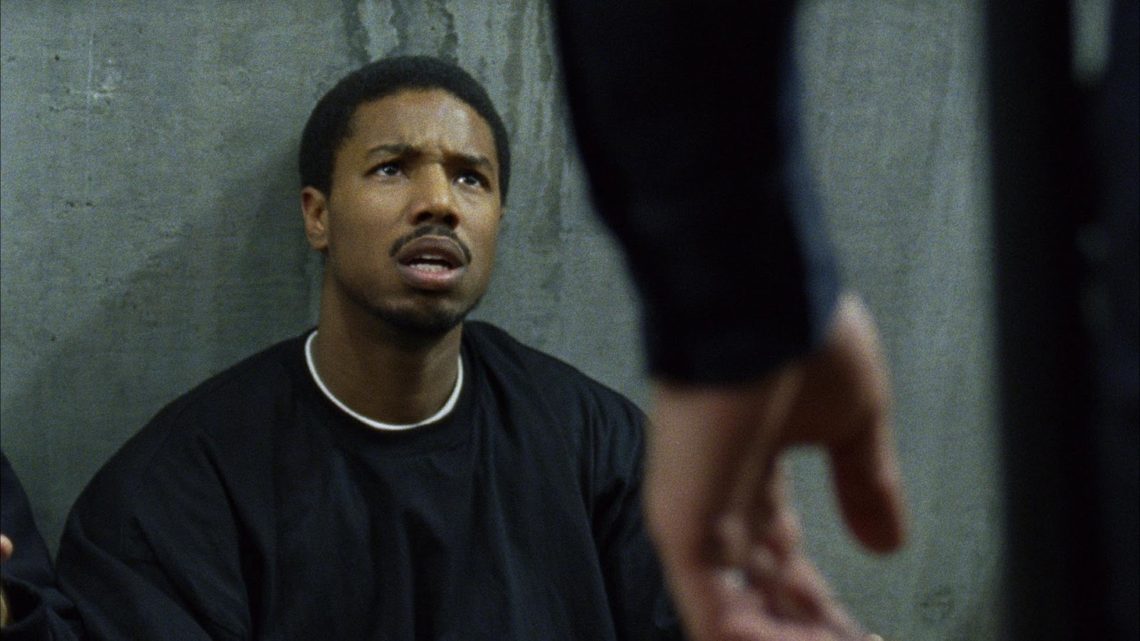Every week, it seems, we learn of another black man or woman shot by a police officer. Now, we have both the incident in Dallas, Texas, in which Micah Johnson—a black American who was also a trained U.S. soldier—murdered cops at a peaceful Black Lives Matter protest; and one in Baton Rouge, Louisiana, in which Gavin Long—a Marine and an African-American—murdered three police officers. The idea of U.S. military veterans attacking our government is nothing new: Lee Harvey Oswald killed President John F. Kennedy in 1963; while, in 1995, Timothy McVeigh blew up the federal building in Oklahoma City in revenge for government sieges in Ruby Ridge (1992) and Waco (1993). American cinema has reflected these incidents, in everything from Martin Scorsese’s Taxi Driver to Wolfgang Petersen’s In the Line of Fire to Michael Bay’s The Rock, all featuring disgruntled veterans turning against the American government and the American people.
But now we’re witnessing black soldiers turning against officers. Though this is a new development in our society, it’s not a wholly surprising one. It is a melding of two narratives as embodied in two films: Clint Eastwood’s American Sniper (2014) and Ryan Coogler’s Fruitvale Station (2013). Consider Micah Johnson’s and Gavin Long’s bursts of violence a convergence of the main characters of both those films, and thus a convergence of the two most dominant American narratives.
Both films are tragedies, ending with footage from memorials for the main characters after their killings. One film, however, is about American aspirations, making its main character a legend for one community, and the other is about the American dystopia, summing up the pains of another community. A difference in the two films is race, a predominantly a “white” rural context while a “black” and diverse urban context. We split America into those two worlds, yet they both meet in violent death, widowed partners, and orphaned children. But Sniper depicts a world where violence is taught and practiced as inescapable ritual, while Fruitvale depicts a world where violence is an explosive moment that’s always a few seconds away.
Eastwood’s film tells us the all-American mythology of Navy SEAL Chris Kyle (played by sharply blue-eyed Bradley Cooper), America’s most decorated sniper, known for roughly 200 kills. Just as he is about to gun down a bomb-carrying Iraqi boy and his mother, we flash through his Texas life: full of violence, whether through animal hunts or schoolyard brawls; molded by a stern father; supported by a loyal wife and ignited by 9/11 and terrorist attacks against American embassies. He is charismatic, loyal, and compassionate. He rides horses and defends his brother against bullies. In combat, Kyle is tougher than his commanders, advises Marines, is more insightful than intelligence officers, and is almost immune from enemy fire, except for the PTSD it causes him and vicariously causes his family, which he treats by going back on tour. The film alternates between dramatic moments of sniper killings and the decline in his mental health and personal life. In other words, he has no flaws of his own save for the trauma inflicted upon him.

Sniper depicts an America that is trapped. It dreams of utopia, but keeps getting burdened with civilizing a hostile world. Eastwood’s film suggests that it’s honorable for someone to choose service to his (American) nation, but the price is not only his family and mental well-being, but his own life. With its concluding mention that Kyle was murdered while trying to help someone, also a soldier in need of mental health rehabilitation, Sniper suggests another lesson: that violence is so deep in the American soul that it is organized and not unexpected, that neither family nor religion are able to subdue it, and we honor those who are the best at it. The Iraqis in the film are not all that different from hunted deer, without inner lives of their own. Unlike the Japanese in Eastwood’s Letters from Iwo Jima, they are merely hunters and hunted—like animals.
Men in uniform killed Oscar Grant, the main character of Fruitvale Station, which follows him through his final day of life. Unlike the Kyle of Sniper, Grant of Fruitvale is an imperfect man seeking to reform himself after failing in so many fronts. He seeks his girlfriend to pardon him for his infidelity. He tries to remain clean after incarceration, tries to regain the job he lost from tardiness, stops dealing drugs. He tries to be the father to the daughter, man to the girlfriend, and son to the mother that they wish for him to be. They offer him a pained yet bottomless well of hope and forgiveness. Like Kyle’s wife, Grant’s mother and girlfriend remain loyal and hopeful, but also recognize the disease of violence that might one day capture him, perhaps because of his own doing. While Kyle ran away from his problems, and was mentally absent even when present, Grant remained present, even when his anger and actions overtake him.
On his final night, however, as he rode the train toward a New Year’s celebration in San Francisco, a rival former prison inmate spots him and starts a fight. Police officers arrive, hold Grant and his friends. Then, in the heat of an argument, an officer shoots him. We watch Grant gasp as life escapes him.
His crime was, at worst, talking back to officers subduing whom they presumed were belligerent young black men. His murder was one of the first to be captured by cell-phone cameras and distributed across the internet—something now so commonplace that we wonder if there are any good cops anywhere. The film depicts the officers as startled by the shooting, something that the cell phones do not show. We later discover that the officer who killed him was convicted of involuntary manslaughter, and released from a short prison term in less than a year. Through Grant’s tragic tale, Fruitvale Station implies that a person’s environment and history are so consuming and inescapable that sudden death is destiny, no matter how hard a person tries to live a legitimate lifestyle.

American Sniper speaks to a white audience that sees itself as victims of people of color, whether black American or foreign Muslim, because power always sees itself as the victim of the dispossessed. That’s not to say that the common white person, such as those featured in Sniper, inherently possesses power. Whiteness is the default institution in the U.S., and people of color are measured according to that default. The politicians who capitalize on race frame African-Americans, Latinos, Muslims, and other minority groups as constantly planning for the overthrow of America. Fruitvale Station, by contrast, presents a complex world. It is the story of a complicated black American man in a diverse world—a world in which black men continue to die prematurely, as though they are succumbing to a disease whose germs are bullets.
Backlash should be expected. Despite what many white people might believe, when Muslims in Iraq are attacking American soldiers, it is not theology that drives them as much as backlash against America’s imperialist foreign policy. This the kind of backlash that led Micah Johnson and Gavin Long to commit their violent crimes. Neither Johnson nor Long were rational. Rather, they were created by the merger of the narratives we find in American Sniper and Fruitvale Station.
Sadly, maybe the most reasonable option is to be fatalist: Violence is as American as apple pie, as H. Rap Brown famously said, and bodies will continue to drop. Both American Sniper and Fruitvale Station give us biographies and depict worlds, but neither offers a solution, perhaps because there is none. If that is the case, then we should assume there will be more dead bodies, more dead black men and women, and more dead cops.


















2 thoughts on “Violence and the American Man”
I was really dissappointed with “American Sniper”. Eastwood had a great opportunity to make the film about so much more than just (like you mention) the hunter and the hunted. To me, the most memorable aspect about it was the fake doll scene which tells you something about the movie’s eventual irrelevance.
Why the outrage about a doll? It is such a bizarre reason to be angered! 2nd Americans who Admire Americans that volunteered during conflict times and right do not want to see Terrence Malik s Thin Red Line even though Marxist critics get off on seeing Soldiers suffer question their duty.
The real person who accidentally shot at Bart wasn’t a righteous man. He was troublemaker, the film paperbacks from the U hate police bias perspective and created a fictional character!
It sucks he was shot ,& in no way gloating. It was an unfortunate accident